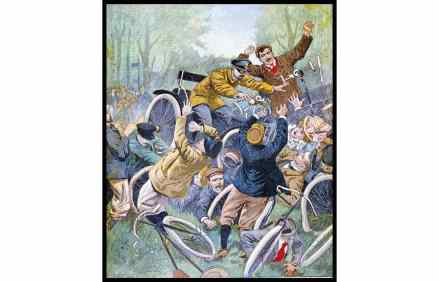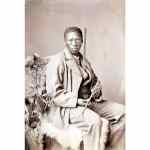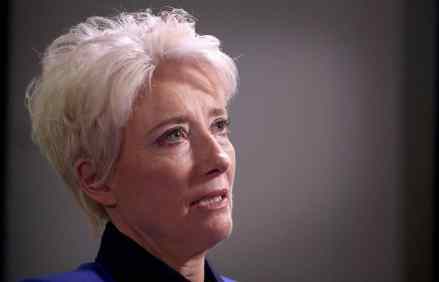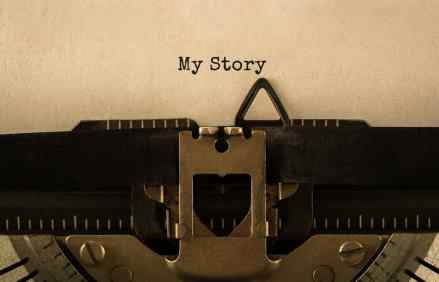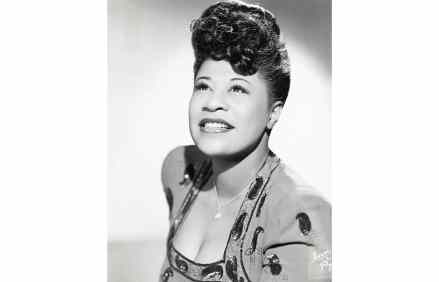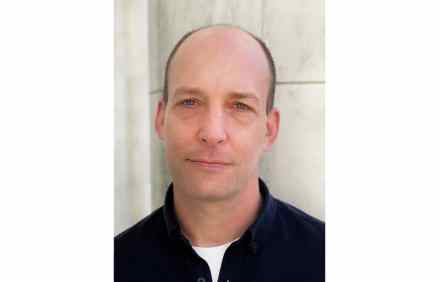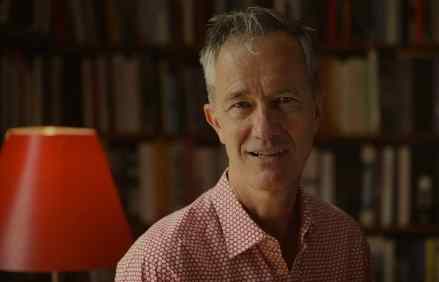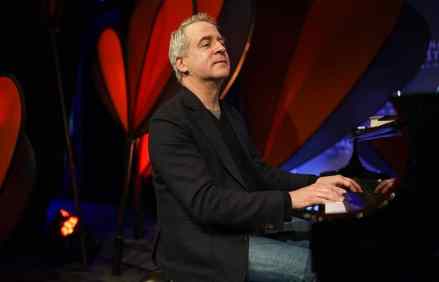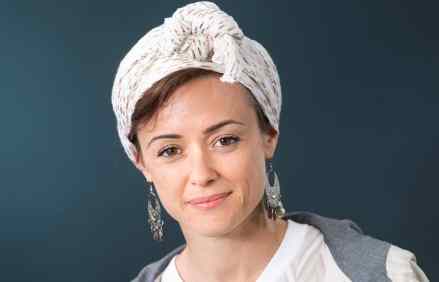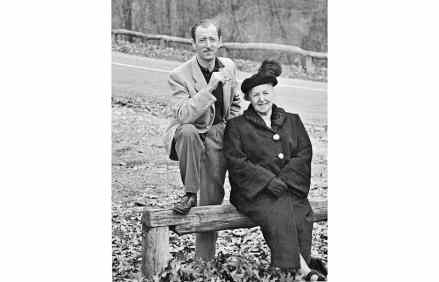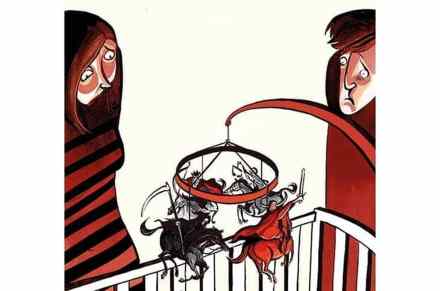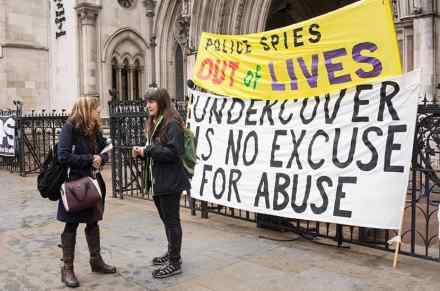The pleasures – and perils – of getting on your bike
Jody Rosen lives and cycles in Brooklyn, which makes him what the Mexican essayist Julio Torri calls ‘a suicide apprentice’. He has been ‘rear-ended’ and ‘doored’ several times. He quotes an unnamed cyclist who likens the click of a car door being opened to the sound of a gun being cocked. ‘Get a bicycle,’ said Mark Twain. `You will not regret it, if you live.’ This rangy, digressive book contains just about the right amount of bicycle history and mechanics for the unobsessed. Rosen is not a bicycle fetishist. He can ‘barely patch an inner tube’, though he does enjoy the ticking-clock simplicity of the shiny contraptions which carry the
